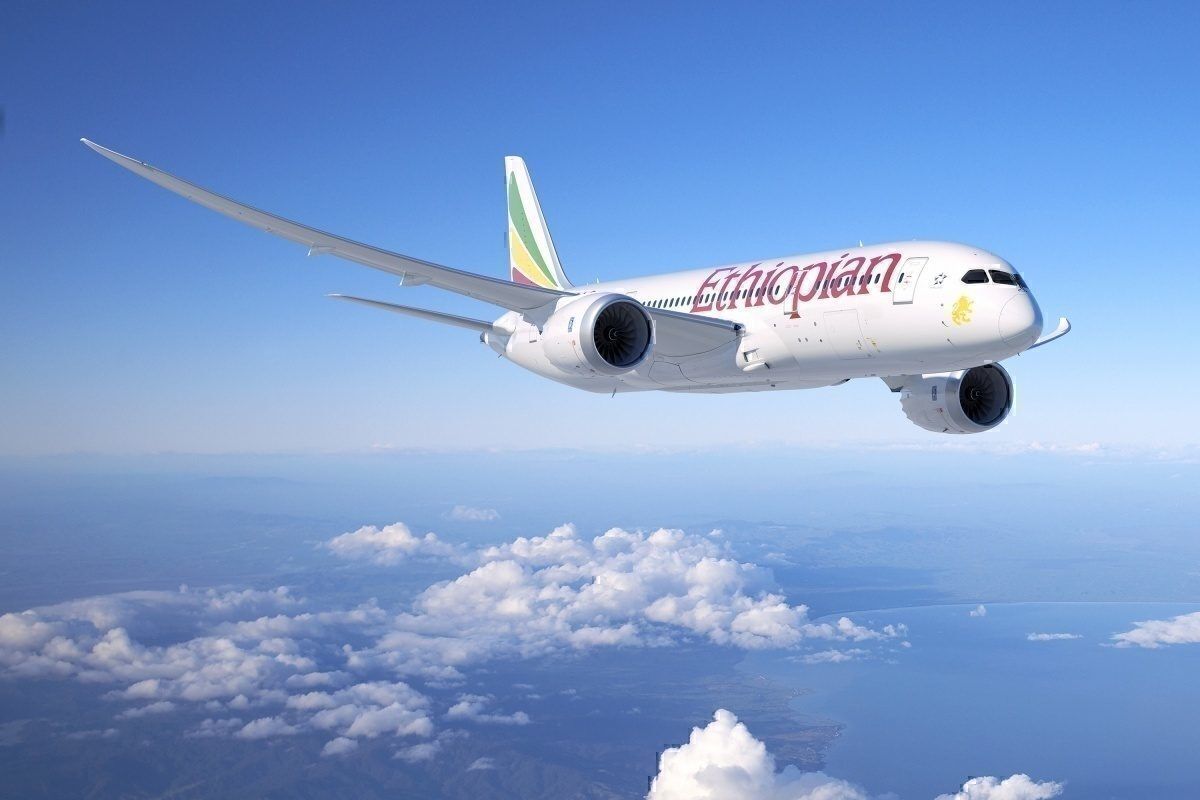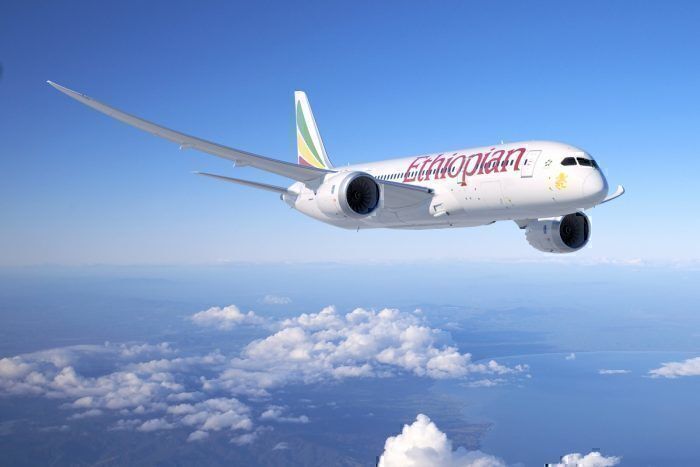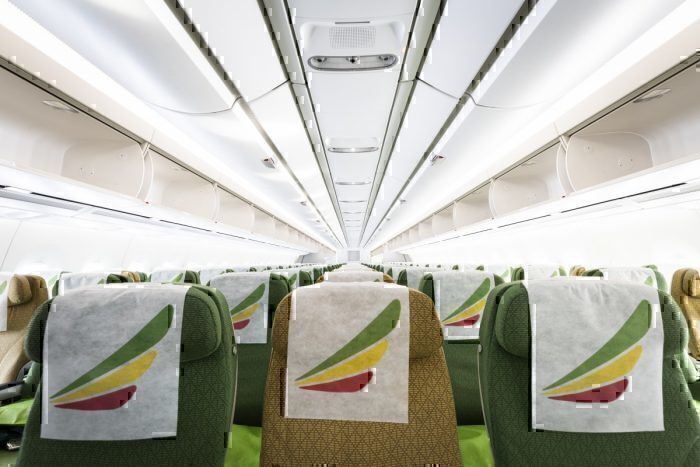At today's Ethiopian Airlines inaugural A350 arrival event at Toronto Pearson International, we found out that the airline is working towards launching an Addis Ababa to Montreal flight. In a speech to media at the event, Samson Arega, Ethiopian Airlines Canada Country Manager informed those present that the Ethiopian flag carrier was seeking approval from Transport Canada to launch the route.
"We have applied to Transport Canada to go daily out of Toronto and also directly to Montreal. This would be the first airline to connect Quebec with sub-saharan Africa. This is an ongoing process. As soon as we have approval, we would begin the direct flight to Montreal as well as the daily flight to Toronto." - Samson Arega, Ethiopian Airlines Canada Country Manager.
Arega seemed optimistic about getting approval for the new route. Currently, Ethiopian Airlines flies to several destinations in North America including Chicago, Washington D.C., and Newark/New York City. Soon it will also fly to Houston. Currently, all of these routes require a technical stop along the way for refueling. This is what a 2015 Dublin Airport press release had to say about these technical stops:
"As it is a transit stop, Ethiopian will not be accepting passengers in Dublin for the onward flights to either Washington or Toronto. The refuelling stop is required on Ethiopian’s westbound journeys only, as the high altitude at Addis Ababa Airport means aircraft use more fuel on take-off there."
Behind Transport Canada's process
According to the Transport Canada website, the Blue Sky Policy was officially adopted to "guide the negotiation of air transportation agreements (ATA) with countries around the world". The Blue Sky policy page continues by saying that it "aims to encourage long-term and sustainable competition" and "encourages the development of new and expanded international air services to benefit passengers, shippers, and the tourism and business sectors".
From our understanding of Transport Canada's policy on air transportation agreements, negotiations for each agreement happen on a case-by-case basis. This allows the governing body to assess the risks and benefits of each agreement concerning Canada’s interests.
Therefore, Ethiopian Airlines would be seeking an "expanded agreement": One that "modifies an existing bilateral agreement". This provides more flexible provisions to carriers and expansion can happen multiple times. Since its first bilateral agreement in 2010, Ethiopian has had two expanded agreements: one in 2013 and another in 2017. With this Montreal proposal, we would likely see another expanded agreement for 2020.
How does Canada benefit from more connectivity with Africa?
We asked Arega about the value of Canadian connectivity with Africa. Here's what he had to say:
"Western travelers seem to be lagging behind with travel to Africa. China is moving fast - we are flying 54 flights a week out of China. The Western hemisphere needs to catch up with investment in Africa and work on those business opportunities in Africa."
Indeed, China is investing heavily in Africa. This was pointed out in Simple Flying's interview with Uganda's Civil Aviation Authority. As tourism and economic opportunities continue to develop on the continent, Ethiopian Airlines is hoping that North American leisure travelers and businesses will take notice and choose their flights as a way to capitalize on these opportunities.
Do you think there will continue to be increasing demand for flights between North America and Africa? Let us know in the comments!





